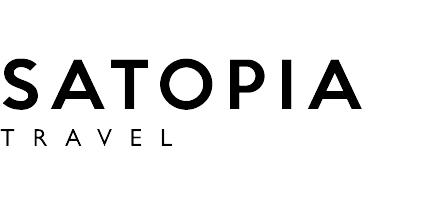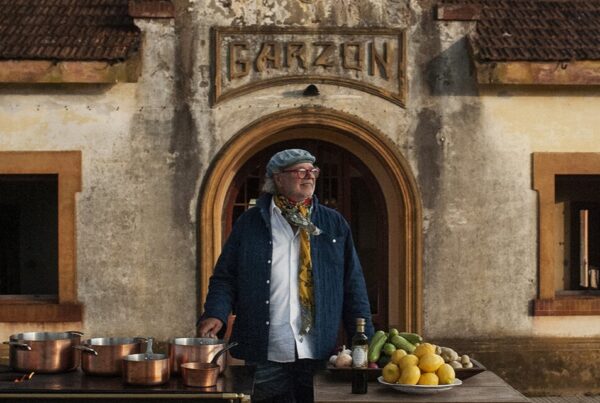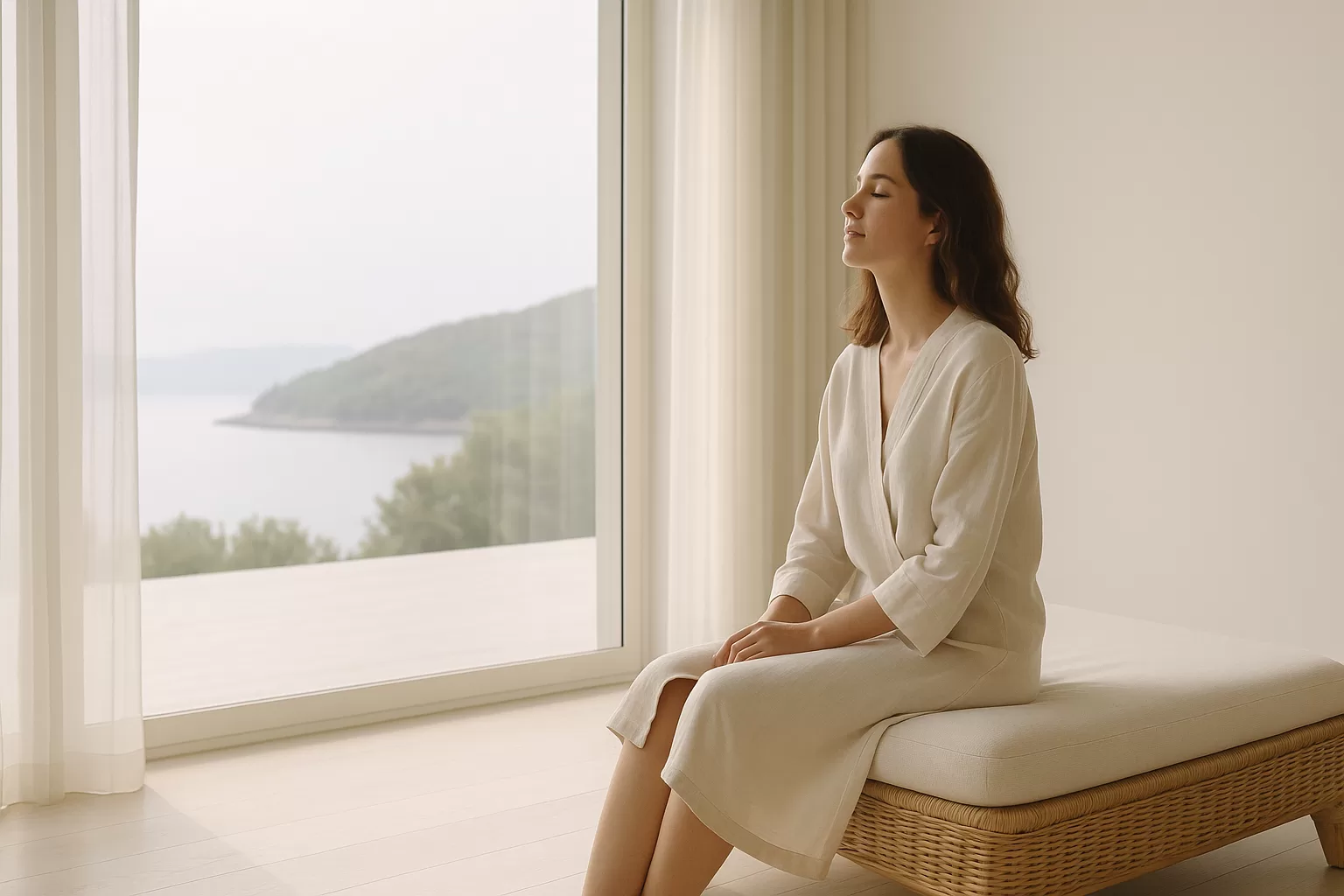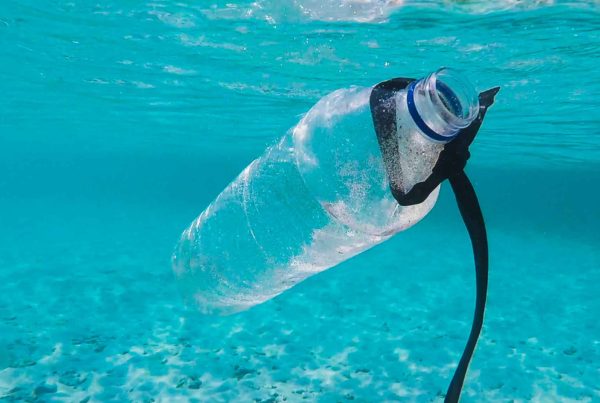The Evolution of Wellness Travel: From Spa Escapes to the Science of Wellbeing
This feature explores the cultural and economic evolution of wellness travel — from early spa culture and holistic retreats to modern longevity programmes, digital detoxes and regenerative tourism. It examines how post-pandemic values, sustainability, and personalised wellbeing are reshaping the way we journey and find renewal.
From ancient healing rituals to high-tech diagnostics, wellness travel has transformed from an indulgent retreat into a global movement that redefines how we rest, heal and live.
Wellness travel, once a niche indulgence mostly confined to spa weekends and holistic retreats, has evolved into a defining strand of modern tourism. In the past decade alone the market has burgeoned from modest beginnings into a multi-billion-dollar ecosystem that reshapes how we think about getting away. From ancient healing traditions to personalised diagnostics and data-driven self-care, wellness travel now speaks to deeper questions of longevity, identity and purpose. Here, we trace the arc of its evolution — the early stirrings, pandemic-era inflections, and the emerging contours of an industry quietly re-writing our relationship with travel itself.
In the early days of wellness travel the model was simple: travellers sought places to rest, rejuvenate their bodies and minds under the guidance of spa treatments, aromatherapy and perhaps some guided meditation or gentle yoga. Many of the classic destinations — alpine sanatoria, Mediterranean spa hotels, Ayurvedic ashrams — served as sanctuaries from work, urban stress and the pace of modern life. The motive was largely escapist, seeking a pause rather than a transformation.
But even then the seeds of something more were present. Wellness tourism rapidly distinguished itself from mere rest-and-relaxation holidays by emphasising the active promotion of health, mindset and longevity. Over the following decade wellness trips grew at a faster rate than general tourism, eventually representing a significant portion of global travel.
As the market matured, so too did the motives. Travellers were no longer simply taking a spa break; they were entering a space committed to improving fitness, detoxifying habits, resetting sleep, reducing stress and even recalibrating their life patterns. Hospitality providers responded with structured programmes of yoga in remote forest lodges, nutrition-led menus, sleep coaching and digital-detox packages.
What shifted this from niche to mainstream were three converging currents: a rising global interest in health and longevity, the proliferation of digital culture with its attendant burnout, and the post-pandemic recalibration of what travel means. In the face of lockdowns, the concept of travel was reimagined not as escape but as opportunity — to reset, to heal, to emerge differently. The wellness travel industry seized that moment.
By the mid-2020s the sector was projecting remarkable growth. Analysts predicted the global wellness tourism market would reach trillions in value within a few years, driven by younger travellers for whom wellness is embedded into daily life.
The evolution from restful to results-oriented is perhaps the most significant turn. Luxury resorts that once promised deep sleep and scenic serenity now deliver genetic testing, full-body diagnostics, biomarker assessment and tailored health journeys. The most exciting wellness trends reflect this shift toward personalised diagnostics and scientifically informed wellbeing.
This is not to say that the traditional spa holiday has vanished; rather that it has been reframed. A guest may still sink into a hot-stone massage beside a forest lake, but that experience now serves a larger narrative of renewal, mental clarity and regenerative living.
Another dimension of this shift is the redefinition of wellness itself. No longer simply the absence of illness, wellness now encompasses mental health, sleep quality, immune resilience, social connection and purpose. Sleep tourism, for instance, has become a formal subfield: hotels and resorts are designing offerings around restorative slumber, from smart beds to circadian lighting.
Then there is the rise of wellness through connection. Whereas older retreats emphasised solitude and silence, the new wave acknowledges the human being as relational. Shared experiences, community rituals, group breathwork and social wellbeing are now central. One destination might host a gong bath beneath the stars; another might curate small cohorts exploring yoga, local food and regenerative farming.
That shift leads naturally to another inflection: the merging of wellness with sustainability and meaning. Emerging trends emphasise travel that leaves you changed, not just rested. Experiences that connect you to place, nature and community — rather than simply offering pampered seclusion — are becoming central. Some industry observers argue that regenerative farm stays, off-grid lodges and environment-rooted wellness will become the next frontier of the genre.
“Wellness isn’t about perfection, it’s about curiosity and the willingness to look at your own life and ask what might make it feel a little lighter, a little truer, a little more aligned.”
Emma PonsonbyFounder, Satopia Travel
In navigating this evolution, the consumer profile has also shifted. Where wellness travellers once skewed older and affluent, today younger cohorts — millennials and Gen Z — shape demand. They view wellness as a lifestyle rather than a luxury. This has led hospitality brands to adapt, expanding beyond high-end resorts to more accessible formats: city-based wellness weekends, modular packages, even budget-friendly wellness breaks. The democratization of wellness means the once-in-a-lifetime spa vacation gives way to once-a-quarter wellbeing escapes.
Yet while access expands, so too does complexity. The line between wellness travel and medical tourism is blurring. Wellness travel now embraces preventive care, diagnostics, biohacking and longevity programming — areas once reserved for clinics. The market terms may blur, but the impetus is clear: travel is no longer simply leisure — it is investment in health.
Still, with opportunity come tensions. As wellness travel becomes mainstream, questions of authenticity, sustainability and cultural sensitivity emerge. The packaging of ancient healing traditions into luxury experiences risks commodification. The reliance on high-tech diagnostics may alienate those seeking nature-led simplicity. Destinations must ensure that their wellness offerings are meaningful, not merely amenities.
Moreover, the sustainability of wellness travel itself is under scrutiny. The ideal of mindful, restorative travel must contend with long-haul flights, resource-intensive operations and the carbon footprint of luxury escapes. For wellness travel to fulfil its promise, it must align its internal logic with ecological integrity.
The industry is responding. Resorts are adopting regenerative farming, local sourcing, off-grid design and community engagement. The narrative is shifting from “I feel good” to “I live better — and I impact better”. In this way, the evolution of wellness travel mirrors a larger cultural movement: from consumption to care, from extraction to renewal.
Looking ahead, several motifs suggest where wellness travel might go next. First, longevity travel — holidays aimed at extending life, not just resting. Lifespan-conscious travel is rising as people seek interventions with measurable outcomes. Second, sleep-optimised travel — retreats built around circadian rhythms, light exposure and technology-aided regeneration. Third, wellness on the move — from cruises to mobile wellness hubs, where travel itself becomes the therapy.
Lastly, integration. Wellness will cease to be a niche and become standard. Hotels, airlines, travel agents and destinations will embed wellness into every aspect: nutrition, sleep, movement, connection, nature and meaning will no longer be add-ons but the essence of travel itself.
For the reader who appreciates luxury with substance, the evolution of wellness travel offers more than a sumptuous escape. It offers a mirror to our values: how we choose to live, to travel and to become well. In this light, a holiday becomes not just respite but initiation.
As the world of travel continues to broaden and deepen, wellness will remain less a place you go and more a way you travel. The accommodations may sparkle, the diagnostics may impress — but the true transformation happens when you leave changed in your rhythms, your perspective, your relationship with the world. And in that lies the promise of this great evolution.
Send us a message on WhatsApp Interested to learn more?
Global Wellness Institute: A Decade of Wellness Tourism — Market Data Compilation
Hospitality Insights (EHL): The Future of Wellness Travel
McKinsey & Company: The Future of Wellness — Trends Reshaping the Industry
Sofitel Accor Magazine: Future Wellness Trends in Luxury Travel
Vogue: The Rise of Regenerative Farm Stays and Agritourism
Luxury Travel Magazine: Global Wellness Travel Trends
New York Post: Vitamin-T — The Vacation Trend for Longevity Seekers

Satopia is a global community of inspirational people empowering humanity with passion and purpose.
READ NEXT









